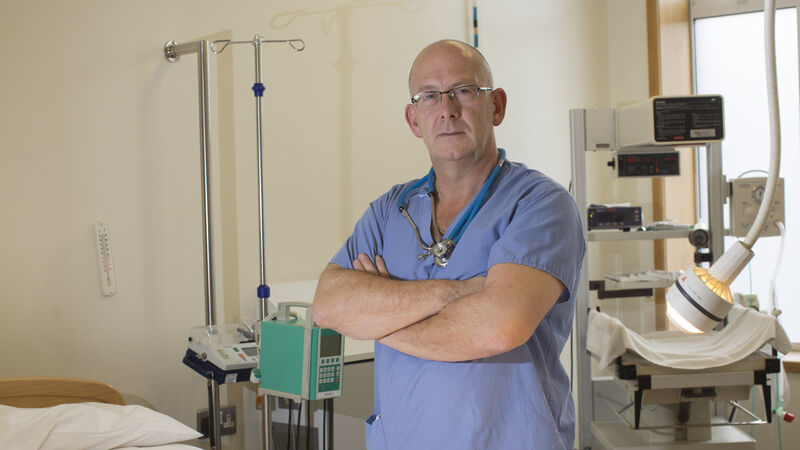Abortion rights in Ireland: 'You can never say for sure what the future is going to be'

The new chair of the Institute of Obstetricians and Gynaecologists in Ireland, Professor Sam Coulter Smith.
The decision in America to overturn the constitutional right to abortion has been labelled “regressive" by the new chair of the Institute of Obstetricians and Gynaecologists in Ireland.
The US Supreme Court recently overturned the 1973 Roe vs Wade ruling that had allowed abortions during the first two trimesters of pregnancy, causing shock globally.










